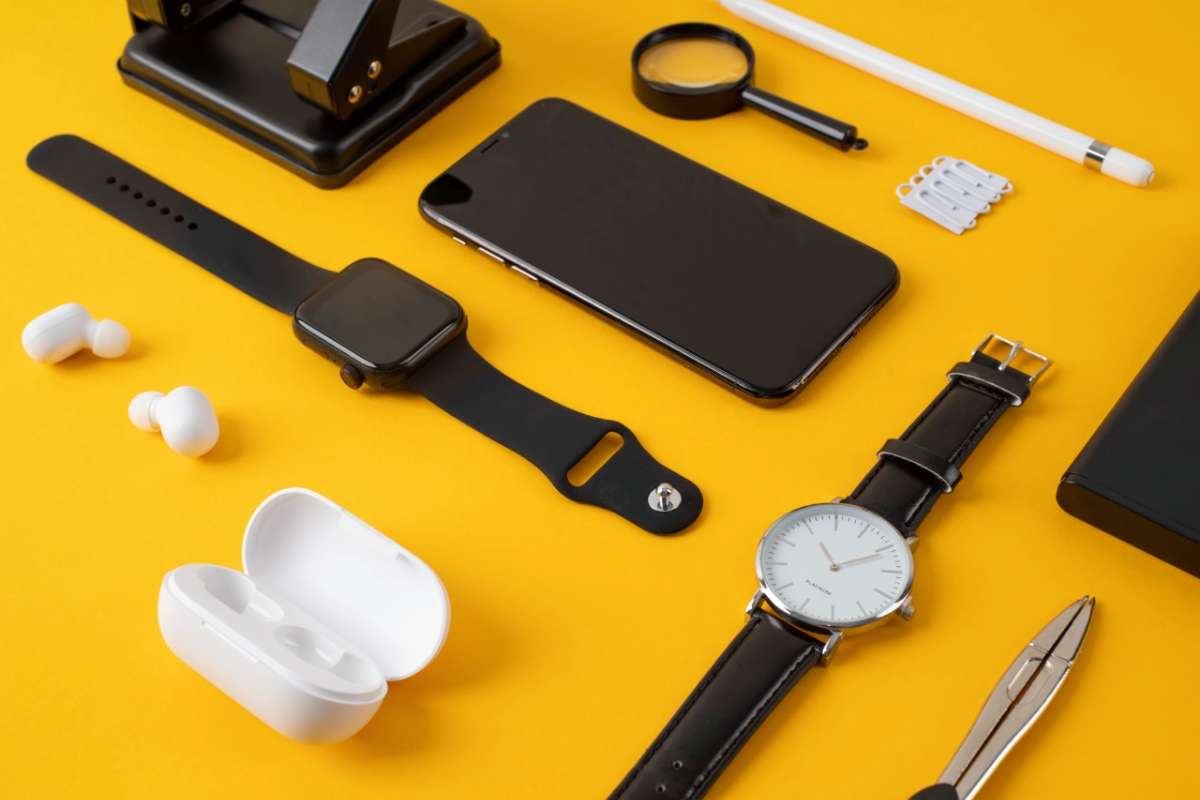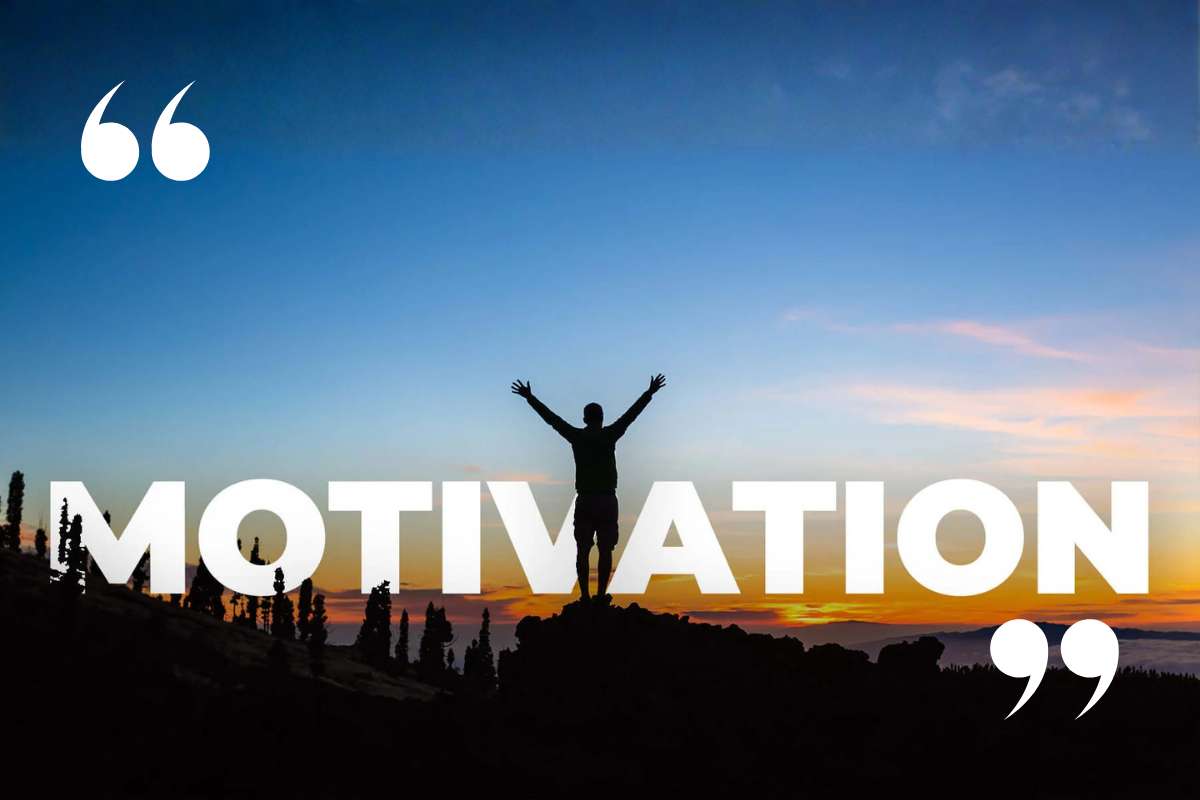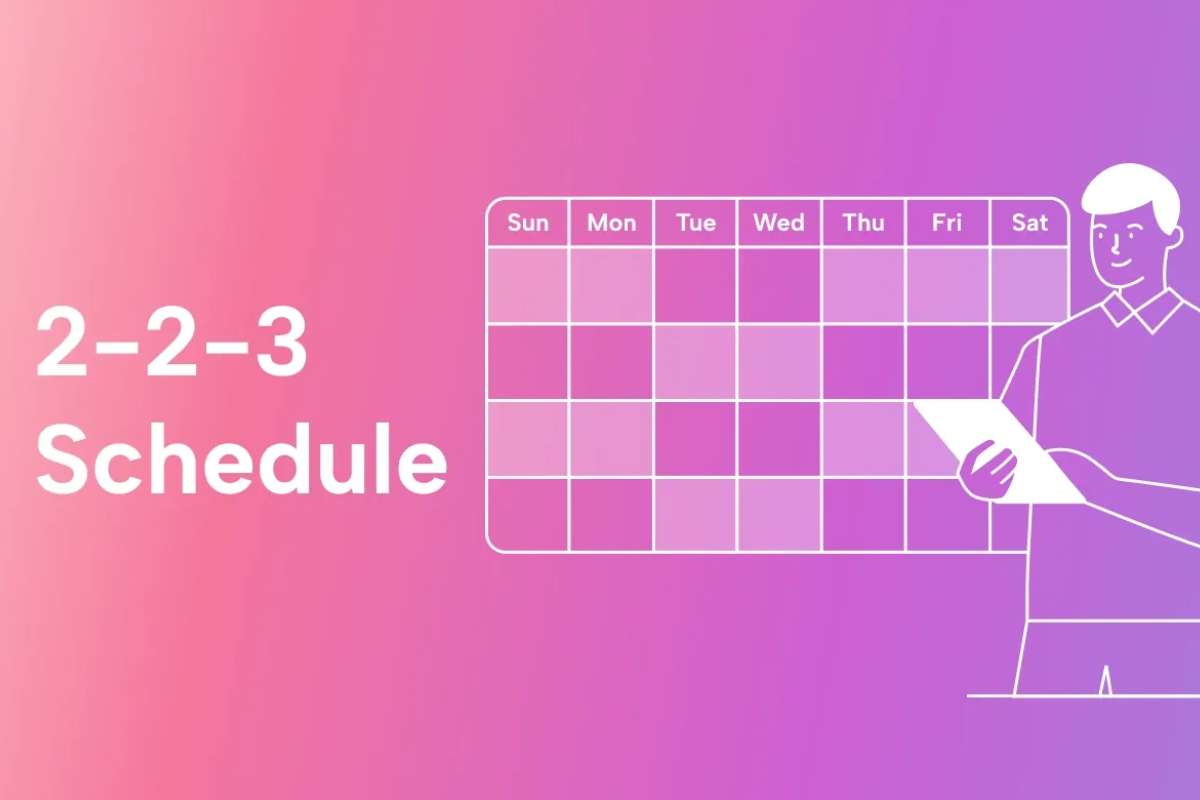Wearable technology has evolved from simple step counters to sophisticated health monitoring systems that can detect heart irregularities, track sleep patterns, and even predict illness before symptoms appear. The global wearable technology market reached $72.5 billion in 2024 and continues expanding remarkably, with over 534 million units shipped worldwide. These devices have become essential tools for health management, fitness tracking, and staying connected in our increasingly digital world.
Modern best wearable technology encompasses everything from smartwatches that function as mini-computers on your wrist to bright rings that monitor your health 24/7 without any visible bulk. The technology has advanced so significantly that devices can now perform medical-grade monitoring, offer real-time coaching, and integrate seamlessly with artificial intelligence to provide personalized health insights. Whether you want to track your daily activities, monitor chronic conditions, or stay connected without constantly checking your phone, a wearable device is designed specifically for your needs.
In this article, we’ll explore the top 10 best wearable technology devices available today, examine different categories of wearables, and help you understand which devices offer the most value for your specific requirements and lifestyle.
Top 10 Best Wearable Technology Devices
1. Apple Watch Series 10
The Apple Watch Series 10 sets a new standard in smartwatches with its thinner, lighter design and expansive edge-to-edge display. Health tracking is advanced, featuring sleep apnea detection, ECG, blood oxygen, heart rate variability, and menstrual health monitoring. Safety features like fall and crash detection, plus SOS, enhance security. Battery life reaches 18 hours, extendable to 36 in low power mode, with rapid charging to 80% in 30 minutes. Integration with iOS and a vast app ecosystem make it the ultimate smartwatch for iPhone users, offering a blend of health, convenience, and connectivity.
2. Samsung Galaxy Watch 8
The Samsung Galaxy Watch 8 is one of Android users’ Best Wearable Technology choices. Powered by the Exynos W1000 processor, it features advanced health sensors with body composition analysis, ECG, blood pressure tracking, and sleep apnea detection. Battery life lasts up to 40 hours, surpassing many rivals. Running Wear OS 6 with Samsung’s One UI Watch delivers smooth access to thousands of apps through Google Play. Dual-frequency GPS ensures accurate outdoor tracking. With stylish design and powerful features, it’s an excellent pick for fitness enthusiasts and everyday users who need both performance and reliability in one device.
3. Oura Ring 4
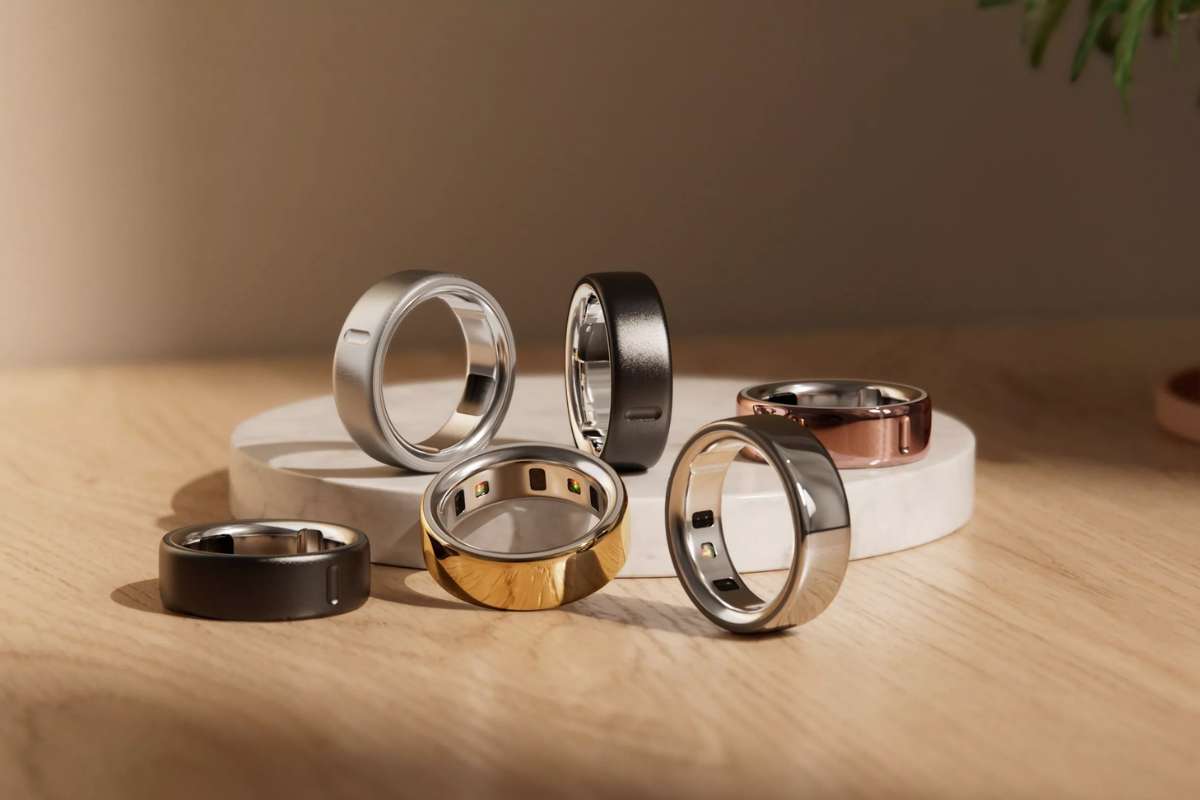
The Oura Ring 4 redefines wearables with its discreet form factor and precise health monitoring. It excels in sleep tracking, heart rate variability, stress monitoring, and recovery analysis. Features include skin temperature tracking and a Daily Readiness Score to guide training and recovery decisions. Made of durable titanium, it delivers 5–7 days of battery life. The small design makes it comfortable to wear 24/7. Advanced insights require a $5.99 monthly subscription. While less effective for active workout tracking, it’s highly accurate for rest, recovery, and sleep health, making it a strong choice for people who value discreet monitoring.
4. Fitbit Charge 6
The Fitbit Charge 6 is among the Best Wearable Technology bands, offering fitness tracking in a compact design. It features GPS, ECG monitoring, stress tracking, and Google integration for Maps and Pay. Water-resistant to 50 meters, it supports swimming and other workouts. Battery life extends to a week, with accurate activity monitoring and built-in apps for quick navigation. Fitbit Premium unlocks advanced sleep and wellness insights. While GPS accuracy has inconsistencies and subscriptions add cost, it remains a top choice for casual athletes seeking a balance of affordability, functionality, and reliable health tracking in a slim form factor.
5. Garmin Forerunner 165
The Garmin Forerunner 165 delivers professional-level analytics at an accessible price. Ideal for runners, it features VO2 max, training load analysis, PacePro guidance, and Body Battery energy monitoring. Runners can access cadence, ground contact, and vertical oscillation data. Its AMOLED display stays readable in sunlight, paired with Garmin’s trusted button controls. Battery life extends up to 11 days in smartwatch mode and 19 hours in GPS mode. While it lacks advanced innovative features, its athletic focus makes it perfect for those prioritizing training performance. Accurate metrics and durability make it a powerful tool for athletes pushing toward personal bests.
6. Google Pixel Watch 3
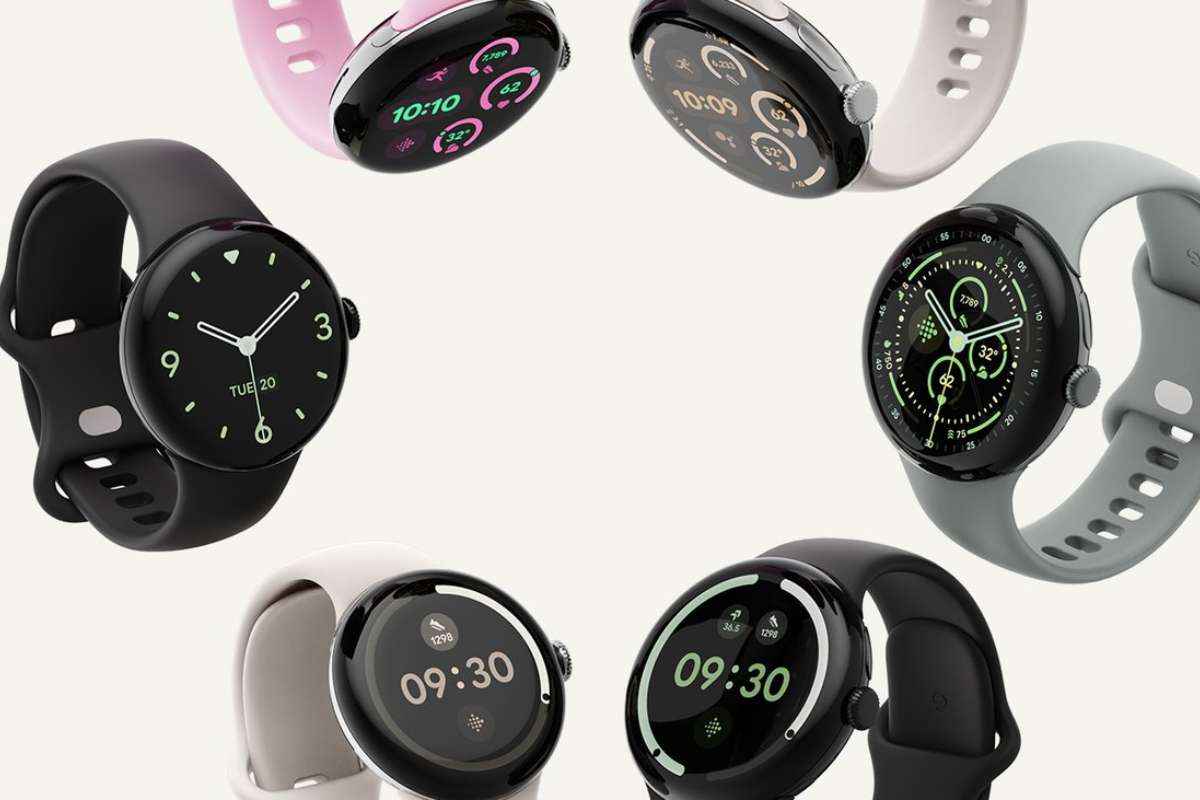
The Google Pixel Watch 3 is positioned as one of the Best Wearable Technology options, blending sleek design with deep Google integration. Running Wear OS 5 offers Google services, Assistant, and seamless Pixel phone connectivity. Health features include continuous heart monitoring, stress management, sleep tracking, and emergency pulse detection. AI-powered features like Morning Briefs and workout recommendations enhance usability. Available in 41mm and 45mm sizes, it delivers up to 36 hours of battery life. Fast charging and an elegant design make it both practical and stylish. With Fitbit’s proven health platform, it’s a complete smartwatch for Android users.
7. Apple AirPods Pro 2
Apple’s AirPods Pro 2 go beyond audio by integrating health and accessibility features. They include FDA-approved hearing aid functionality, heart rate monitoring, and enhanced fitness tracking. Audio upgrades like Adaptive Transparency, Spatial Audio, and Conversation Boost ensure premium sound quality in any environment. With six hours of battery per charge and up to 30 hours with the case, they provide lasting use. Seamless iOS integration offers automatic switching, Siri access, and audio sharing. They stand out as earbuds and multi-functional wearables, combining sound performance and health monitoring for iPhone users seeking a premium listening experience.
8. Whoop 5.0
The Whoop 5.0 ranks highly among the Best Wearable Technology devices for athletes. It focuses exclusively on performance and recovery, continuously monitoring heart rate variability, sleep quality, and strain levels. Its app delivers actionable training recommendations and illness detection through skin temperature and respiratory tracking. Unlike traditional smartwatches, it has no display, minimizing distractions. The device is included in a $199 annual subscription that unlocks full analytics. Flexible wear options include wrist, bicep, or Whoop Body integration. With detailed recovery insights, it’s tailored for serious athletes who value data-driven guidance on performance, rest, and long-term health optimization.
9. Amazfit Active 2
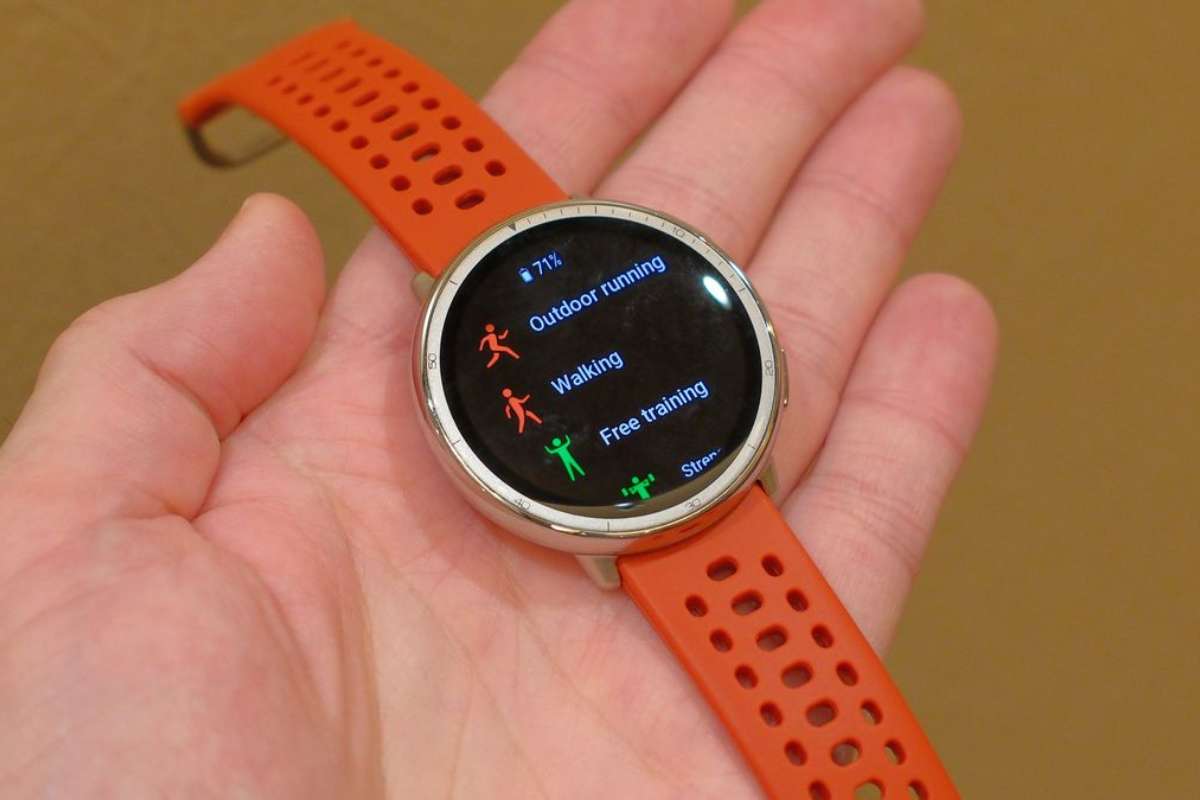
The Amazfit Active 2 packs premium features into a budget-friendly package at $99. It includes an AMOLED display, 164 sport modes, and essential health tracking like heart rate, SpO2, stress monitoring, and sleep analysis. AI coaching provides personalized workout insights, while GPS enables accurate outdoor monitoring. Battery life extends up to 10 days, outlasting most premium rivals. Compatible with both iOS and Android, it offers strong cross-platform support. While the app experience is less polished, the device provides impressive value for its price point, making it ideal for users who want comprehensive monitoring without paying premium smartwatch prices.
10. Samsung Galaxy Buds3 Pro
Samsung’s Galaxy Buds3 Pro are among the Best Wearable Technology earbuds, blending AI features with premium sound. They include adaptive noise control, dual drivers, and 360 Audio for immersive listening. Galaxy AI enables real-time translation and audio optimization. Health tracking monitors heart rate during workouts, while gesture controls enhance usability. With six hours of playback plus 26 from the case, battery life is competitive, and wireless charging adds convenience. Best suited for Samsung ecosystem users but functional with any Android device, they rival Apple’s AirPods Pro with strong features for audio quality, fitness tracking, and intelligent assistance.
Health Monitoring Capabilities
1. Advanced Biometric Tracking
Modern devices in the best wearable technology category feature advanced sensors capable of comprehensive health monitoring. Heart rate measurement now includes HRV analysis, irregular rhythm alerts, and ECG functionality. Sleep tracking has improved with the ability to detect light, deep, REM stages, and sleep apnea detection. Temperature tracking, stress analysis, and blood oxygen measurement provide a fuller picture of overall health. These features allow for early illness detection, optimized recovery, and long-term wellness monitoring, turning wearables into essential health companions rather than simple fitness trackers.
2. Continuous Glucose Monitoring Integration
Wearables increasingly integrate with CGMs, offering diabetic users real-time glucose monitoring and alerts. Combined with sleep, stress, and activity tracking, this data provides a holistic view of health. Some watches and trackers sync with CGMs to simplify diabetes management, while research pushes toward non-invasive glucose monitoring built directly into wearables. This innovation would eliminate the need for additional sensors, making health management seamless and more accessible.
Battery Life and Performance Optimization
1. Power Management Innovations
Battery life in the best wearable technology continues to improve, with smartwatches now offering multi-day performance through efficient processors and adaptive displays. Fast charging delivers up to 80% charge in 30 minutes, and wireless charging adds convenience. Some devices integrate solar panels for extended use. Power-saving modes preserve health tracking and emergency functions while turning off extras, ensuring reliability during extended periods without charging.
2. Performance and User Experience
Wearables today feature powerful processors for real-time health analysis, AI features, and seamless connectivity with smartphones and cloud platforms. Advances in Bluetooth, WiFi, and LTE enable standalone functionality. Modern AMOLED and OLED displays offer bright visuals and energy efficiency, while always-on displays provide quick access to key information. Combined with voice, touch, and gesture controls, these enhancements create intuitive and user-friendly user experiences.
Conclusion
In choosing the best wearable technology, focus on the features that matter most to your health goals, lifestyle, and budget. Whether you opt for a full-featured smartwatch, a discreet bright ring, or performance-driven hearables, the correct device can empower you to understand your body, stay motivated, and make healthier daily choices. Embrace the possibilities these innovations offer and let wearable tech become your personal partner in wellbeing.
Also Read :- Just-in-Time (JIT) Production: Revolutionizing Manufacturing Efficiency

